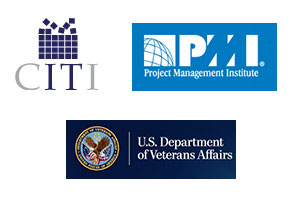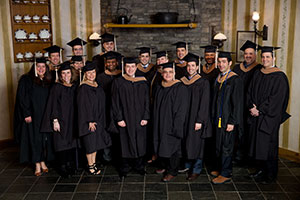UConn MBAs Provide Operational Guidance to the World’s Largest Student-Led Social Responsibility Movement.
When you’re the world’s largest global health and sustainable development organization empowered by student volunteers, challenges arise. Fortunately, the UConn MBA program excels at approaching these types of challenges as opportunities for experiential learning, business process improvement, and making a positive impact.
The UConn MBA Case Challenge gives students the opportunity to strengthen their strategic decision-making skills as managers, understand and reflect the interplay between organizations and their environment in the formulation and implementation of strategies, and learn how an organization integrates strategic management with its operational functions.
For 2014, the Case Challenge focus was on non-governmental organizations (NGO’s). Invariably excluded from the mainstream world of corporate diaspora, NGOs are increasingly playing a vital role in providing support to communities which otherwise remain neglected and unable to sustain themselves due to the lack of access to basic necessities to engage in business or care.
Global Brigades has mobilized almost 30,000 graduate, undergraduate students and professionals through nine skill-based programs that work in partnership with community members to improve quality of life in under-resourced regions of Africa and Central America. The task for UConn MBA teams was to think through some of the implications of the complexity Global Brigades endures in its operational space and to review the following:
- Recommendations on improving the Global Brigades model in a framework of their mission, considering both financial and humanitarian objectives.
- Recommendations on strategic management of Global Brigades and potential growth and expansion tactics.
The winning team, Jaimin Bhatt ’15 MBA, Xiaoying Gan ’15 MBA, Ashish Kumar ’15 MBA, and Carlo Rivieccio ’15 MBA, presented Global Brigades with recommendations for segmenting its services into three distinct categories based on its core competencies, creating a stronger value proposition for donors, and diversifying income and investments.
“Our client representatives [Tanya Svidler, director of impact investing for Global Brigades, and Cole Hoover, director of the Global Brigades Institute] were very impressed with the quality of students’ presentations and recommendations,” said Rajendra Shirolé, MBA program director.
The Case Challenge is a program requirement for UConn MBAs. “In this exercise we were able to bring together all our newly learned academic knowledge and combine it with our practical experiences in order to deliver valuable recommendations to Global Brigades. I hope that we can continue to participate in such experiential activities as they solidify class learning,” said Kumar.
Bhatt added, “This was really a very exceptional experience.”


